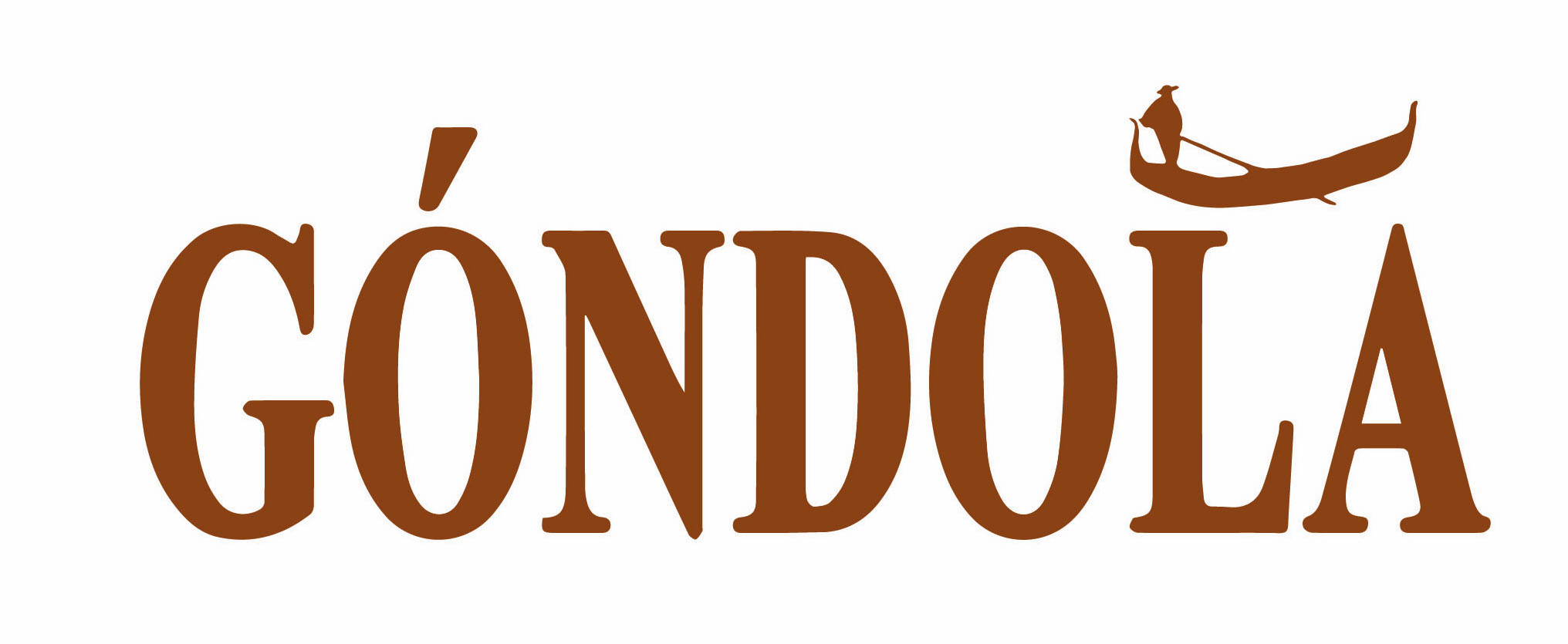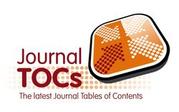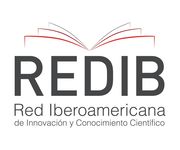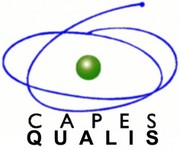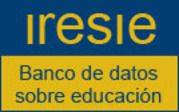DOI:
https://doi.org/10.14483/23464712.5303Published:
2007-01-01Enseñanza del concepto de energía por medio de los procesos de conservación y no conservación en mecánica
Teaching concept of energy through conservation and non-conservation processes in mechanics
Keywords:
Energy, conservation, teaching (en).Keywords:
Energía, conservación, enseñanza. (es).Downloads
Abstract (es)
Esta es una propuesta de secuencia de actividades para abordar conceptos fundamentales de la física como son tiempo, energía, y campo. Partimos de la problemática de que usualmente se enseñan con base en una aplicación matemática o una formula sin tener en cuenta su construcción epistemológica. Nos proponemos desarrollar un proceso de explicación por medio de interacciones sencillas a partir de eventos que pueden verse de forma cotidiana, por ejemplo en la colisión entre una pelota de pingpong y una lámina delgada de madera balso que absorbe completamente su energía cinética, o una pelota de pingpong y una lámina de vidrio etc. Además se analiza el papel de la deformación de los materiales como una de las principales causas de transformación de la energía. Por último se plantea que esta actividad se realice desde primaria en paralelo con el descubrimiento y descripción de las propiedades de la materia, para afrontar de forma eficaz las primeras preconcepciones que maneja el niño respecto a dichos conceptos.
Abstract (en)
This is a proposal of sequence of activities to teach fundamental physics concepts, such as time, energy, and field. We start from the problematic that usually these concepts are taught based on a mathematical application or an equation without taking into account its epistemological construction. We propose to develop a process of explanation through simple interactions from events that can be seen on a daily, for example collision between a Ping-Pong ball and a thin of balsa wood sheet that completely absorbs its kinetic energy, or a Ping-Pong ball and a glass sheet etc. In addition, the role of materials deformation as one of the main causes of energy transformation is analyzed. Finally, it is proposed that this activity be carried out from primary in parallel with discovery and description of the matter properties, in order to deal effectively with the first preconceptions that the child handles with respect to these concepts.
References
LAHERA. J, FORTEZA. A. (2003). CIENCIAS FISICAS EN PRIMARIA Y SECUNDARIA: MODELO Y EJEMPLIZACIÓN. EDITORIAL CCS. Madrid España
How to Cite
APA
ACM
ACS
ABNT
Chicago
Harvard
IEEE
MLA
Turabian
Vancouver
Download Citation
License
Gondola, Ens Aprend Cienc. is an open-access publication, free of charge for authors and readers. The publication, consultation or download of the contents of the magazine does not generate any cost for the authors or the readers, since the Francisco José de Caldas District University assumes the expenses related to edition, management and publication. The peer evaluators do not receive any economic retribution for their valuable contribution. The work of all the actors mentioned above is understood as a contribution to the strengthening and growth of the research community in the field of Science Education.
As of December 1, 2018 the contents of the journal are published under the terms of the Creative Commons License Attribution-Noncommercial- ShareAlike 4.0 International (CC-BY-NC-SA 4.0), under which others may distribute, remix, retouch, and create from the work in a non-commercial way, give credit and license their new creations under the same conditions.
The copyright holders are the authors and the journal Gondola, Ens Aprend Cienc. The holders retain all rights without restrictions, respecting the terms of the license in terms of consultation, downloading and distribution of the material.
When the work or any of its elements is in the public domain according to the applicable law in force, this situation will not be affected by the license.
Likewise, we encourage authors to deposit their contributions in other institutional and thematic repositories, with the certainty that culture and knowledge is a good of all and for all.



